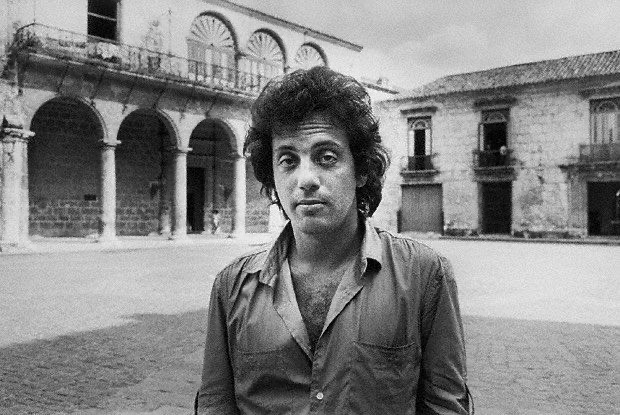On the evening of June 3, 2017, a van was driven into a crowd of people walking across London Bridge. Eight people were killed, 48 people were injured. The three men in the van were all killed.
This attack came less than two weeks after 23 people were killed and 119 people were injured at the end of an Ariana Grande concert at the Manchester Arena.
In less than 14 days, England was struck twice by terrorist attacks. A total of 31 people were killed and 167 people were injured, many of them seriously.
Less than 48 hours after the London Bridge attack, United States President Donald Trump Tweeted criticism of how the mayor of London responded to the attack:

After two brutal attacks in England, President Trump thought that more should be done to prevent further attacks, and that the citizens of London should, in fact, be alarmed. They should be doing everything they can to prevent further attacks, and the mayor was wrong (in President Trump’s opinion) to suggest anything less.
Today as I write this, it is June 14th, 2017, only 11 days after the second attack. What must it like to be in England right now? What causes alarm and concern on a crowded street? How do people react when they hear an unexpected, loud noise? How do parents talk to their children about being safe, vigilant and caring?
In the hours after the London Bridge attack when the city was still scared, still trying to figure out exactly what happened, when people may have still been trying to learn if their loved ones were alive or not, I wish President Trump had shown empathy rather than anger and indignation.
Empathy, though, can be difficult. In order to be empathetic, we need to put aside our own feelings, interests and opinions, and imagine we in the shoes of someone else. What are their concerns? Their interests, their fears? What do they want?
Practicing a little empathy myself, I imagine that President Trump saw what happened in London, and didn’t want the same thing happening in the United States. I imagine he wanted to assure American citizens that he would react to a similar attack with strength, power and decisiveness. I also imagine he wanted to use the events in London as an opportunity to forward his own agenda of banning citizens of Muslim countries from entering the United States.
However, if President Trump had taken the time to exercise empathy, I like to think he would have recognized that Mayor Khan, seeing his city lost in chaos and fear, realized the very best thing he could do was to help make the people of London feel a little bit safer, and little bit more calm. More police were being deployed throughout the city, and Mayor Khan wanted the people of London to know he and his government was doing everything they could do to keep everyone safe.
When we are truly being empathetic, we are taking the time to consider another person’s point of view. Whether you are Tweeting about world affairs, or making a Facebook post about a party you just attended, take a moment to ask yourself what is the situation of the other person? Are they happy? Proud? Scared? Suspicious? Eager? Though we can never guarantee to accurately guess what someone else may be thinking, we can use our experiences and what we know about the other person to make a pretty good guess.
When we are in someone else’s shoes, we are on the “other” side. We can see things we did not see before. There is newfound transparency, and we can see a perspective and truth we could have never seen before.
Maybe we even sacrifice a bit of our own interest as empathy puts the interests and concerns of another person before your own. For instance, if President Trump imagined he was in Mayor Khan’s position, he may have instead Tweeted:

Or, if President Trump still wanted to forward his own agenda while being empathetic, he could have Tweeted:

When we are empathetic, we are communicating with generosity and transparency. We break down walls because we can imagine how other people feel, and we find ourselves sharing their hopes and concerns. When our leaders are empathetic, the benefits extend to larger groups, like departments, teams, cities, states and countries.
Actions and words have real power and impact. Let those words be words of empathy.
*The first Tweet shown above was posted by Donald Trump on June 5th, 2017. The 2nd and third Tweets are fake, which I produced on https://faketrumptweet.com/.




Leave a comment